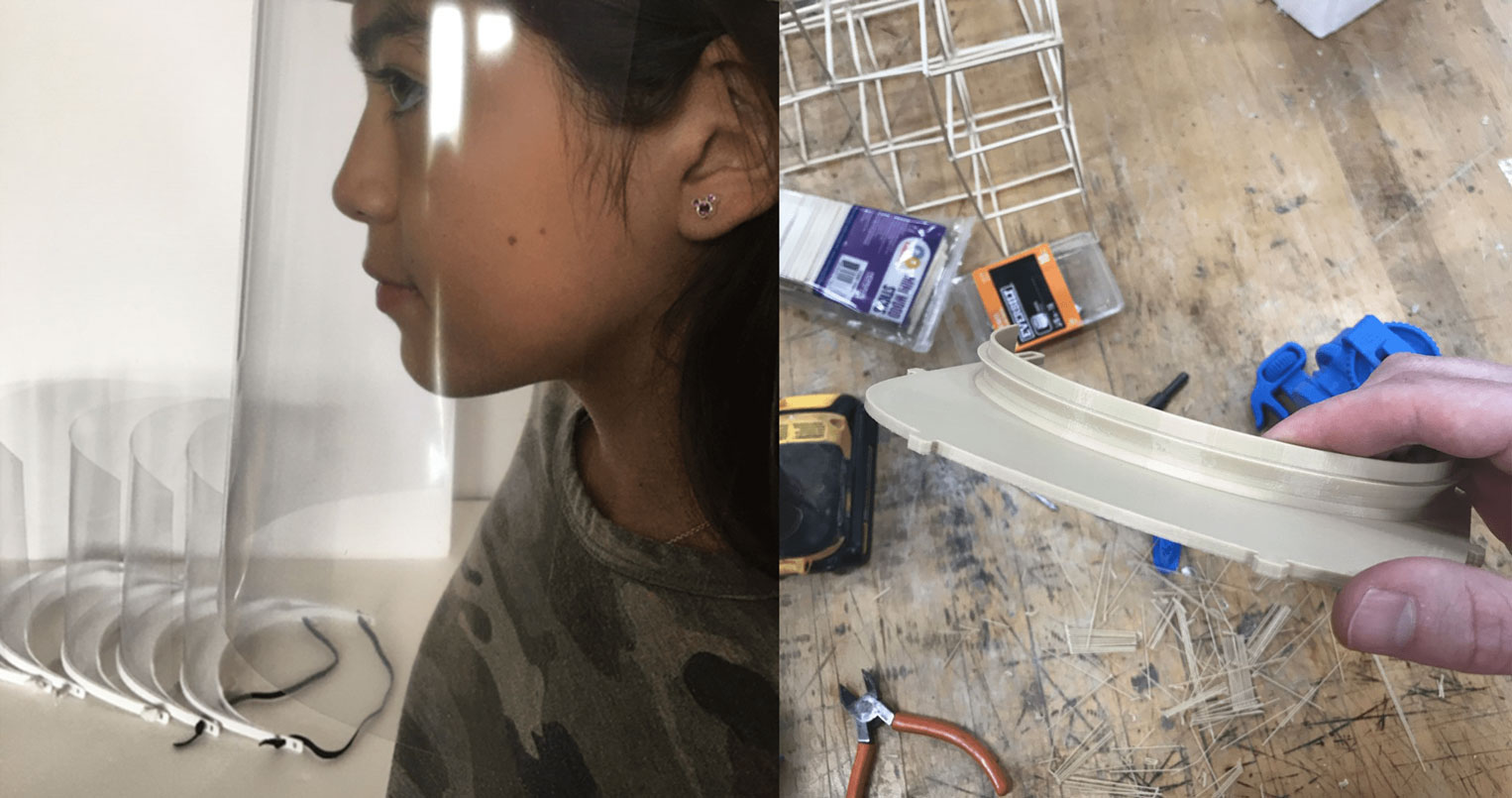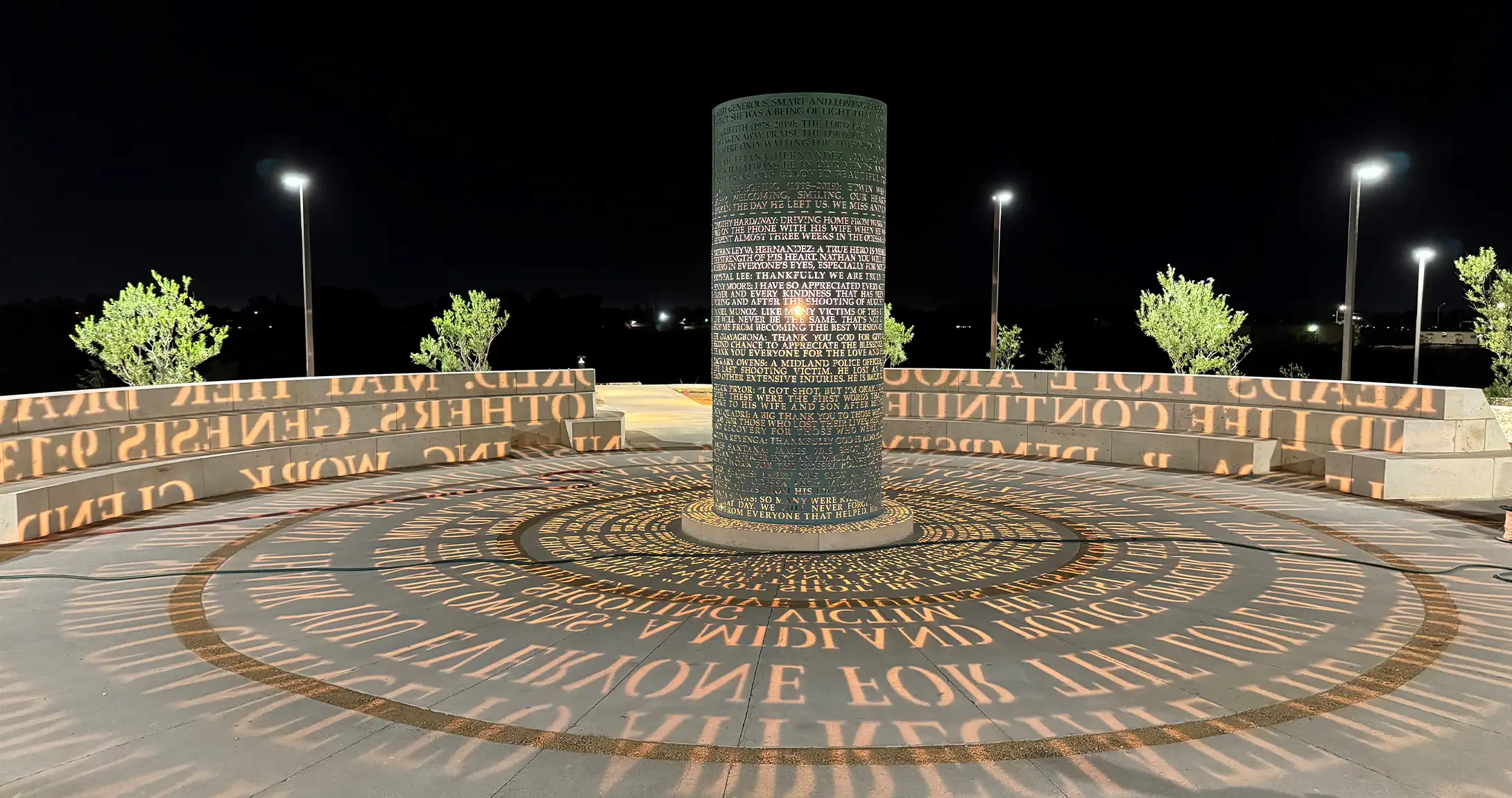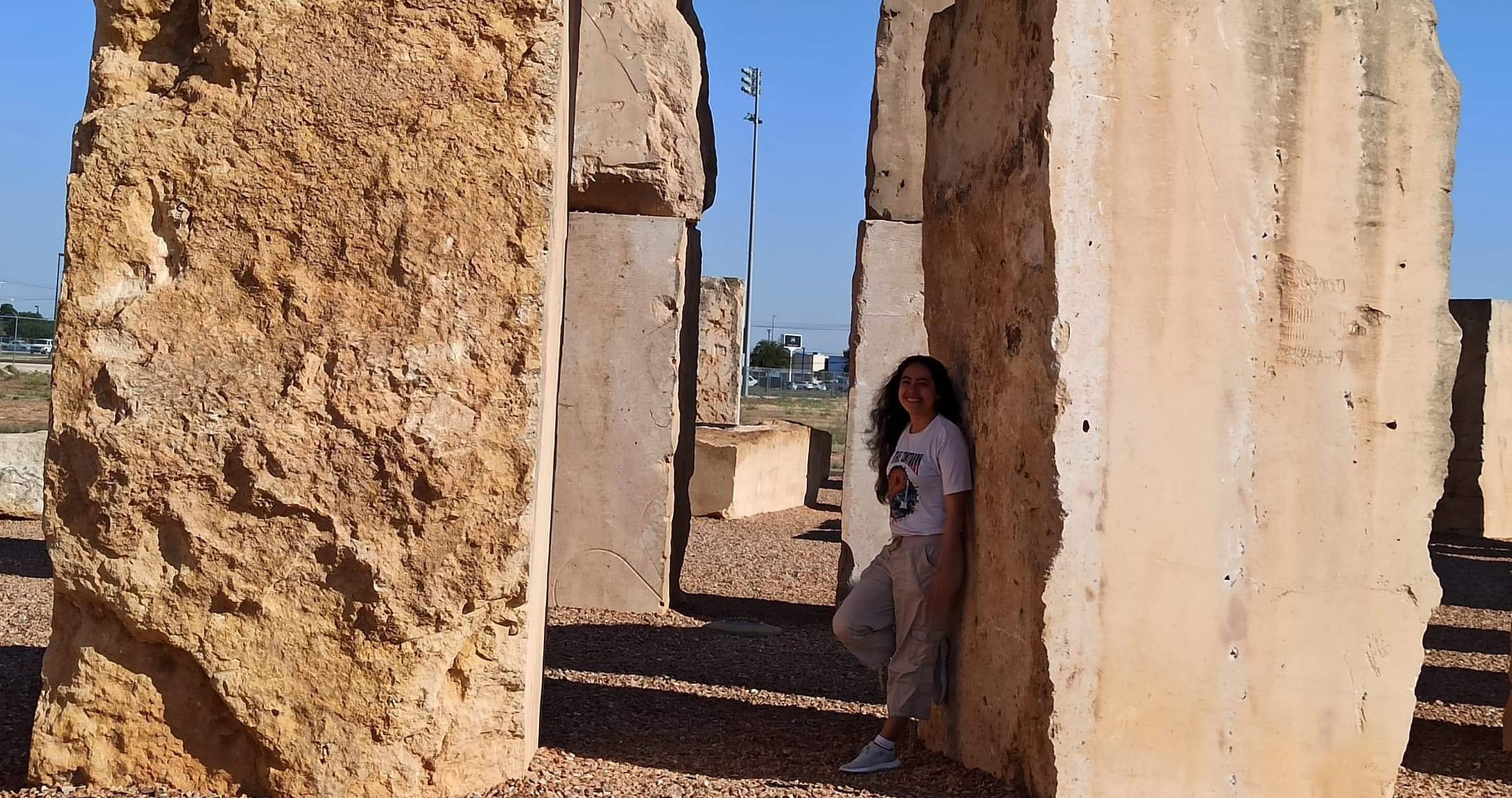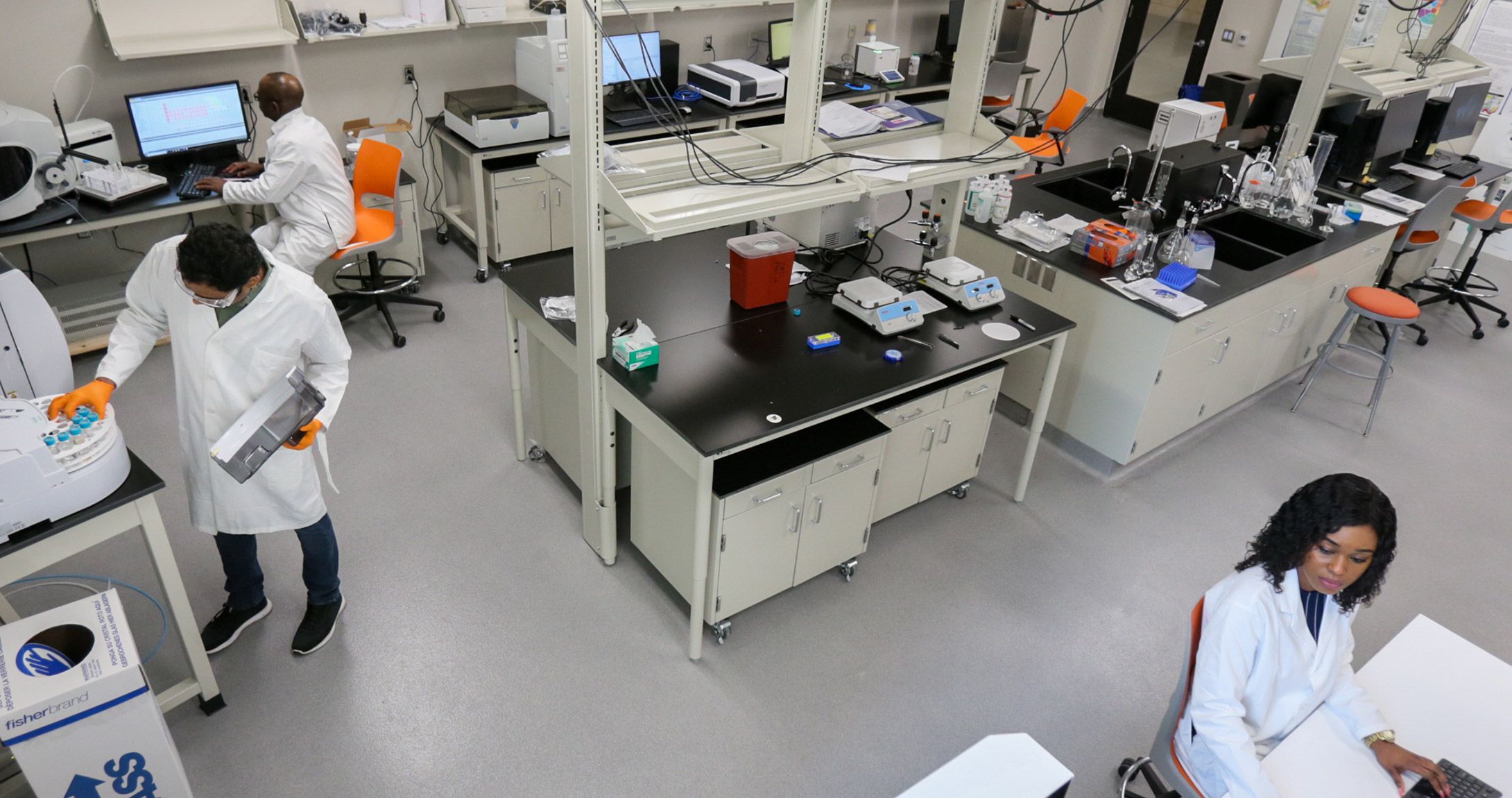The University of Texas Permian Basin is part of a collaborative effort to help those who are on the front 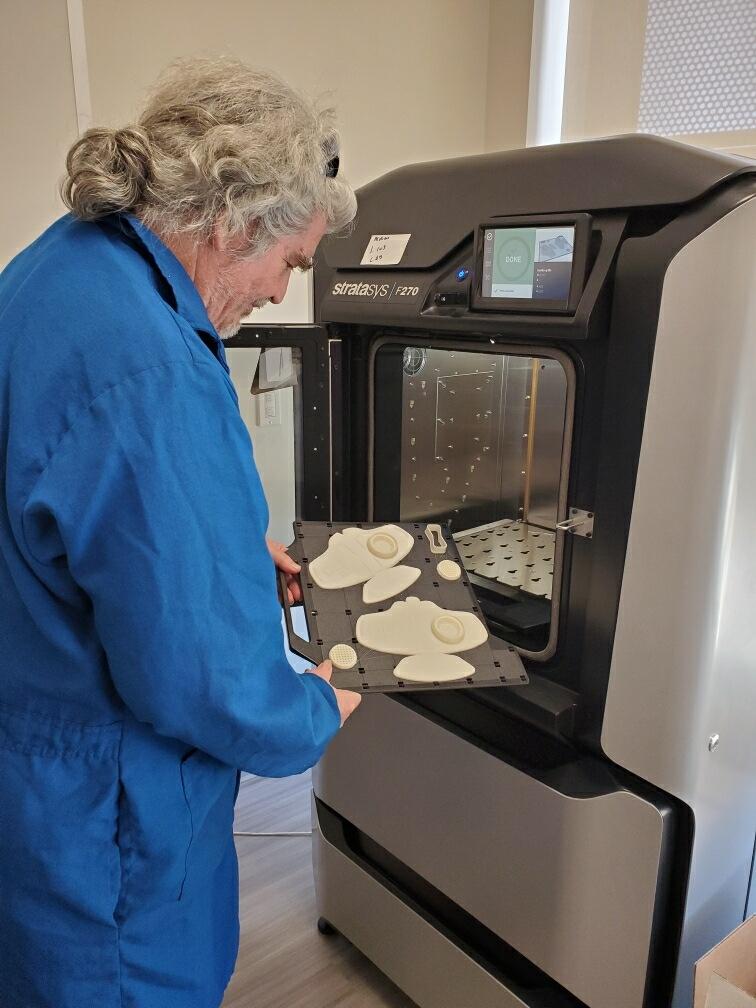 lines of the COVID-19 pandemic: our healthcare workers. UTPB Engineers along with Texas Tech University Health Science Center faculty have designed prototypes for two important medical devices: face shields and splitters used for ventilators. Then, they brought in several community partners to utilize 3D printers from around West Texas and even pilots to make deliveries.
lines of the COVID-19 pandemic: our healthcare workers. UTPB Engineers along with Texas Tech University Health Science Center faculty have designed prototypes for two important medical devices: face shields and splitters used for ventilators. Then, they brought in several community partners to utilize 3D printers from around West Texas and even pilots to make deliveries.
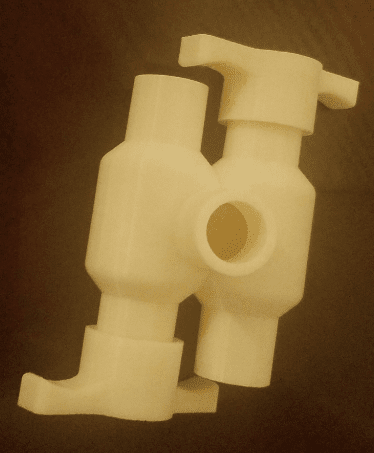 “We have to do what we can to help our healthcare workers protect themselves and save lives. We recently engineered a splitter for a ventilator at Ward County Hospital. The splitter will allow medical staff to provide air to four patients at one time instead of just one. If we have the technology to help, we’ll do it,” said George Nnanna, UT Permian Basin Dean of the College of Engineering
“We have to do what we can to help our healthcare workers protect themselves and save lives. We recently engineered a splitter for a ventilator at Ward County Hospital. The splitter will allow medical staff to provide air to four patients at one time instead of just one. If we have the technology to help, we’ll do it,” said George Nnanna, UT Permian Basin Dean of the College of Engineering
UT Permian Basin has teamed up with Texas Tech University, Odessa College, the UTPB Art Department, The Ellen Noel Art Museum, Midland College, Museum of the Southwest, and other West Texas businesses to create what’s now called the “West Texas 3D COVID-19 Relief Consortium.” Each entity has either donated their 3D printer or helped design and produce the medical equipment.
Currently, there is enough material to make 350 face shields. More than 30 have been distributed so far. The first batch was flown to Monahans, Pecos, and Lubbock over the weekend, thanks to 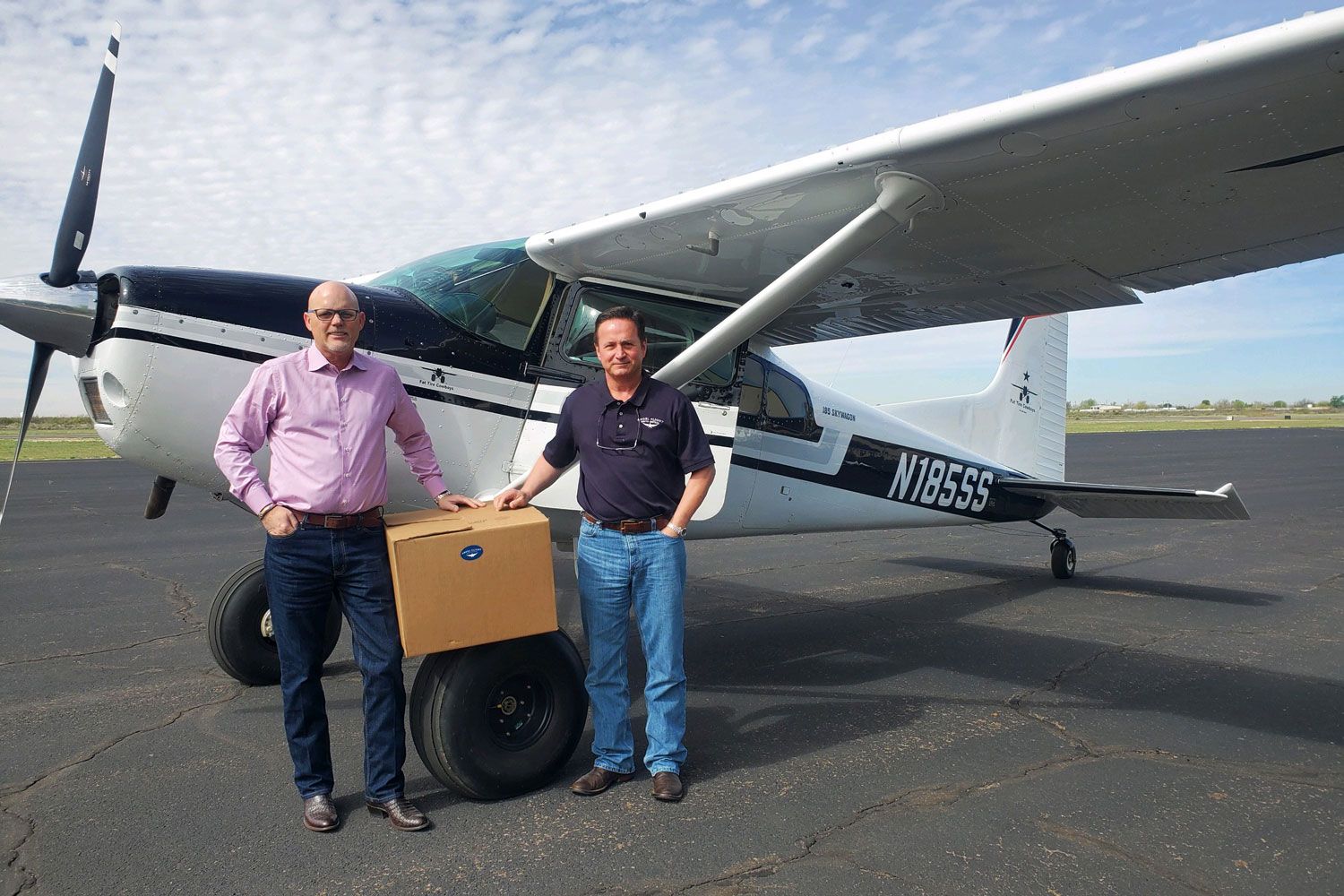 local pilots, like Mark Merritt a local businessman and a member of the UTPB Engineering Advisory Board. Merritt along with members of the West Texas Aviators club have volunteered their time to deliver to surrounding areas. Hospitals and private physicians in Midland and Odessa will also be using this innovative technology.
local pilots, like Mark Merritt a local businessman and a member of the UTPB Engineering Advisory Board. Merritt along with members of the West Texas Aviators club have volunteered their time to deliver to surrounding areas. Hospitals and private physicians in Midland and Odessa will also be using this innovative technology.
“We are committed to serving this community. Now more than ever it’s critical for each of us to use our unique skills and talents to help others. Our Engineering faculty responded by doing what they do best – innovating. This is an amazing testament to ingenuity of West Texans and determination to be a part of the solution.”
The group will continue to produce the facemasks and ventilator splitters as needed and engineers are working on a prototype mask similar to the N-95 that is extreme short supply in hospitals.
